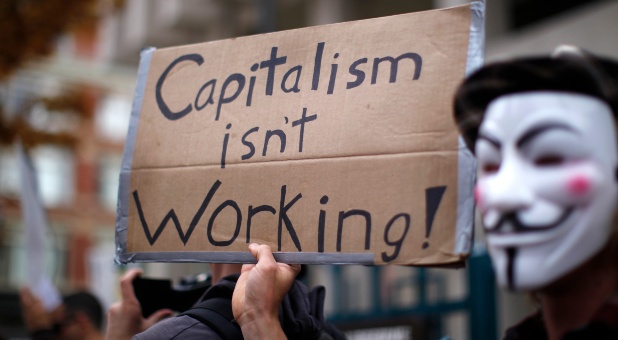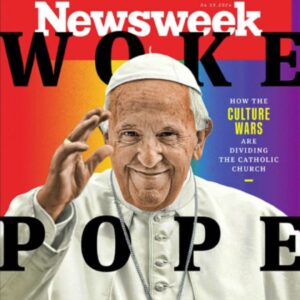Republican lawmakers who have vowed to fulfill President Donald Trump’s campaign promise to repeal the Johnson Amendment haven’t done so yet, but legislators are now trying to add a provision that would deny money to the Internal Revenue Service to enforce the 63-year-old law, according to the Associated Press.
The House Appropriations subcommittee passed the bill late last month.
The American Pastors Network (APN) has commented frequently on the Johnson Amendment and will be closely watching the progression of the new bill:
“Pastors’ voices had been largely silent on the most important cultural, societal and political issues of our time,” said APN President Sam Rohrer, “because of a fear of repercussions stemming from the Johnson Amendment. This bill to protect the tax-exempt status of churches may help return decades of freedom to churches and enable pastors to freely speak truth about social issues from the pulpit, but pastors must make the commitment to take on the most pressing societal matters. A government law will not remedy all the issues in today’s church, nor will another law completely solve why pastors have not been preaching the whole counsel of God.”
“The path to pulpit freedom may have begun to be paved, but it’s up to pastors and churches to preach boldly,” Rohrer continued. “For some, the Johnson Amendment has been a convenient excuse to shy away from tough issues. The challenge before the pulpit has always been fear, and that’s the challenge of any leader. The Johnson Amendment has been the fear factor for some, but if it is indeed limited in its scope, the real test will be if pastors will take up the biblical charge to speak on the issues important to those in the pews.”
The Associated Press also reported that Republicans say the law is enforced unevenly, leaving religious leaders uncertain about what they are allowed to say and do. Opposition to repealing the Johnson Amendment exists as well. This spring, 4,500 nonprofit groups signed onto a letter to congressional leaders asking them to preserve the law.
Former President Lyndon B. Johnson introduced the law in 1954 when he was a Democratic senator from Texas as an avenue to prohibit tax-exempt charitable organizations, such as churches, from participating in political campaigns or in supporting or opposing candidates. If the IRS determines that a group has violated the law, it can revoke its tax-exempt status, the AP also reported. {eoa}
See an error in this article?
To contact us or to submit an article






















